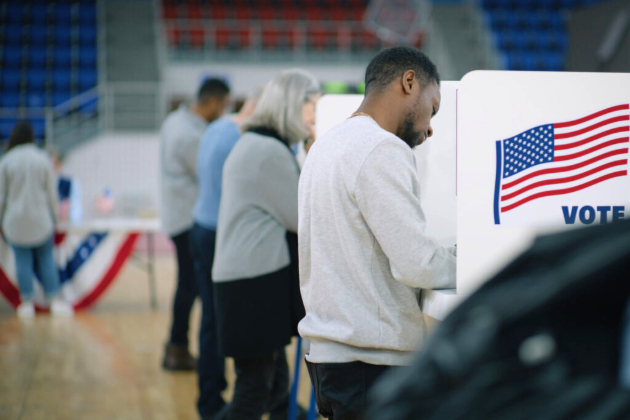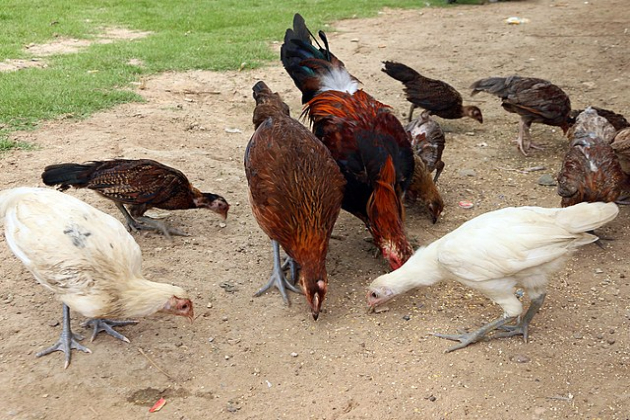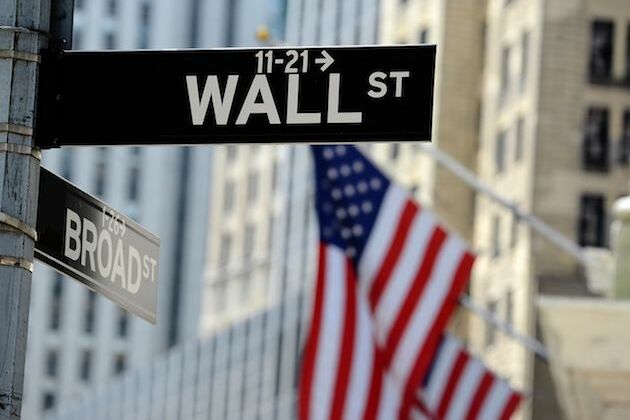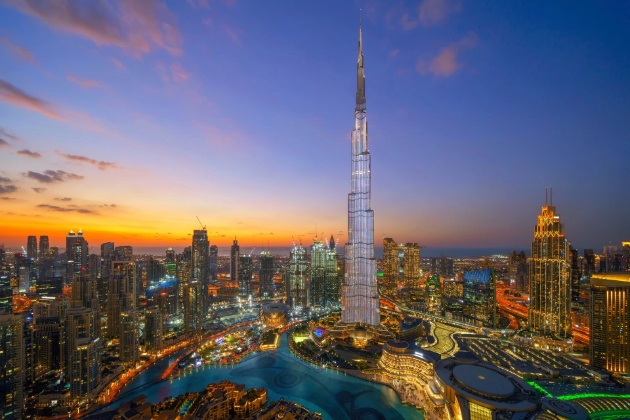At what point is a disease deemed to be a global threat? Here's the answer
The Conversation
23 Jun 2022, 00:11 GMT+10

Whenever there is an outbreak of a disease in the world - such as monkeypox - it is up to the World Health Organization (WHO) to consider what sort of weight to give it, including whether or not it constitutes a public health emergency of international concern.
Global efforts to manage epidemics are documented as far back as the black plague in Europe in the 14th century. Since that time, rules have been developed and honed to keep up with the emergence of new diseases as well as with the growing complexities of a world that's increasingly connected.
There are many diseases that can affect large numbers of people. But not all diseases are considered public health emergencies.
The seriousness of an epidemic is a function of several factors.
These include the degree of contagiousness and potential for rapid spread, severity of infection, case fatality rate (the number of infected people who die), availability of vaccines or treatment (it's more serious if there are none), impact on travel and trade, and the socioeconomic context.
Read more: Why the DRC Ebola outbreak was declared a global emergency and why it matters
What it triggers
Declaration of a "public health emergency of international concern" by the WHO triggers a number of things.
The first is that it signals a commitment to provide international resources for the response.
The second is that it enables other provisions of the International Health Regulations. These originated from the International Sanitary Regulations of the mid 1900s, which were used to control cholera epidemics. At this time, there was increasing awareness of the social and economic effects of epidemic diseases across borders, as well as concern about undue interference with trade.
In 1969 the regulations were renamed the "International Health Regulations" by the WHO. They were then modified in 1973 and 1981. But even then they provided a framework for only 3 diseases - cholera, yellow fever and plague. The principles behind them was
In 1995, formal revision commenced to expand the scope of the regulations with six proposed categories of reportable syndromes:
acute haemorrhagic fever syndrome,
acute respiratory syndrome,
acute diarrhoeal syndrome,
acute jaundice syndrome,
acute neurological syndrome, and
other notifiable syndromes.
In addition, five factors were proposed to determine if a cluster of syndromes was urgent and of international importance. These were rapid transmission in the community, unexpectedly high case fatality ratio, a newly recognised syndrome, high political and media profile, and trade or travel restrictions.
The last revision to the regulations was done in 2005 following the SARS epidemic of 2003.
The five substantive changes from the prior version were:
a dramatic expansion of the scope of the regulations,
the creation of obligations on states to develop minimum core surveillance and response capacities,
granting WHO the authority to access and use non-governmental sources of surveillance information,
granting WHO the power to declare a public health emergency of international concern and to issue recommendations on how states-parties deal with it; and
the incorporation of human rights concepts into the implementation of the regulations.
The regulations set down how an emergency will be managed. This includes setting up a roster of experts appointed by the Director General of WHO in all relevant fields of expertise. Then an emergency committee is drawn from this roster for advice. The committee has to decide on a range of issues to do with managing the epidemic. This includes whether an event constitutes a global emergency and when it should be ended.
More than a health issue
But the regulations can only go so far. Many countries cannot comply with them due to lack of resources.
Many of the problems of global emergencies are not specific health problems, but relate to civil society, community engagement, law and order and border control. In the 2014 Ebola epidemic, for example, a health promotion team was massacred in Guinea because local people were fearful of outsiders coming to their village. During COVID-19 we also saw civil unrest in some countries. All of these issues are considerations for the WHO when deciding whether to declare a public health emergency of international concern.
This is a revised extract from an article previously published by The Conversation Africa written by C Raina MacIntyre and Obijiofor Aginam.
Authors: C Raina MacIntyre - Professor of Global Biosecurity, NHMRC Principal Research Fellow, Head, Biosecurity Program, Kirby Institute, UNSW Sydney | Obijiofor Aginam - Principal Visiting Fellow & Former Deputy Director, International Institute for Global Health (UNU-IIGH), United Nations University 
 Share
Share
 Tweet
Tweet
 Share
Share
 Flip
Flip
 Email
Email
Watch latest videos
Subscribe and Follow
Get a daily dose of Africa Leader news through our daily email, its complimentary and keeps you fully up to date with world and business news as well.
News RELEASES
Publish news of your business, community or sports group, personnel appointments, major event and more by submitting a news release to Africa Leader.
More InformationInternational
SectionUS expands oil, gas leasing and eases Alaska energy restrictions
WASHINGTON, D.C.: U.S. Interior Secretary Doug Burgum has announced plans to open more land for oil and gas drilling in Alaska and...
Lawmakers push for fewer military flights in Washington D.C. area
WASHINGTON, D.C.: Ten Democratic lawmakers in the U.S. House of Representatives have asked the Pentagon to reduce military training...
Delta crash-landing probe finds dangerous descent before touchdown
TORONTO, Canada: An initial investigation into last month's dramatic Delta Air Lines crash-landing in Toronto has revealed that the...
New York court blocks law allowing over 800,000 non-citizens to vote
NEW YORK CITY, New York: New York State's highest court has struck down a law this week that would have allowed over 800,000 legal...
40 times more people killed in Gaza than in the 7 October attack
The death toll in Gaza on the weekend has passed 50,000, local health authorities have reported. What started the carnage was the Hamas-led...
USDA pledges $100 million for bird flu research, vaccine development
WASHINGTON, D.C.: The U.S. Department of Agriculture (USDA) has announced plans to invest up to US$100 million in research to develop...
Business
SectionTicketing platform StubHub to float IPO
NEW YORK CITY, New York: StubHub is getting ready to hit the trading floor. The popular ticketing platform has officially filed to...
Wall Street on edge but major indices notch up marginal gains
NEW YORK, New York - The rally in U.S. stocks petered out Tuesday, however tech stocks made a modest gains, while the industrials edged...
Canada’s carbon tax faces pushback from politicians, oil industry
CALGARY, Canada: Canada's carbon pricing policy, long a central pillar of its climate strategy, is facing mounting pressure as political...
J&J to invest $55 billion in US as trade tensions rise
NEW BRUNSWICK, New Jersey: Johnson & Johnson is ramping up its U.S. investments even as global trade tensions resurface with plans...
UAE unveils $1.4 trillion US investment plan over next decade
WASHINGTON, D.C./DUBAI: The United Arab Emirates is significantly expanding its financial footprint in the U.S. with a new investment...
Wall Street jumps sharply on easing trade war tensions
NEW YORK, New York - Investors bought up stocks on U.S. markets Monday after President Donald Trump indicated he may pull back on some...













